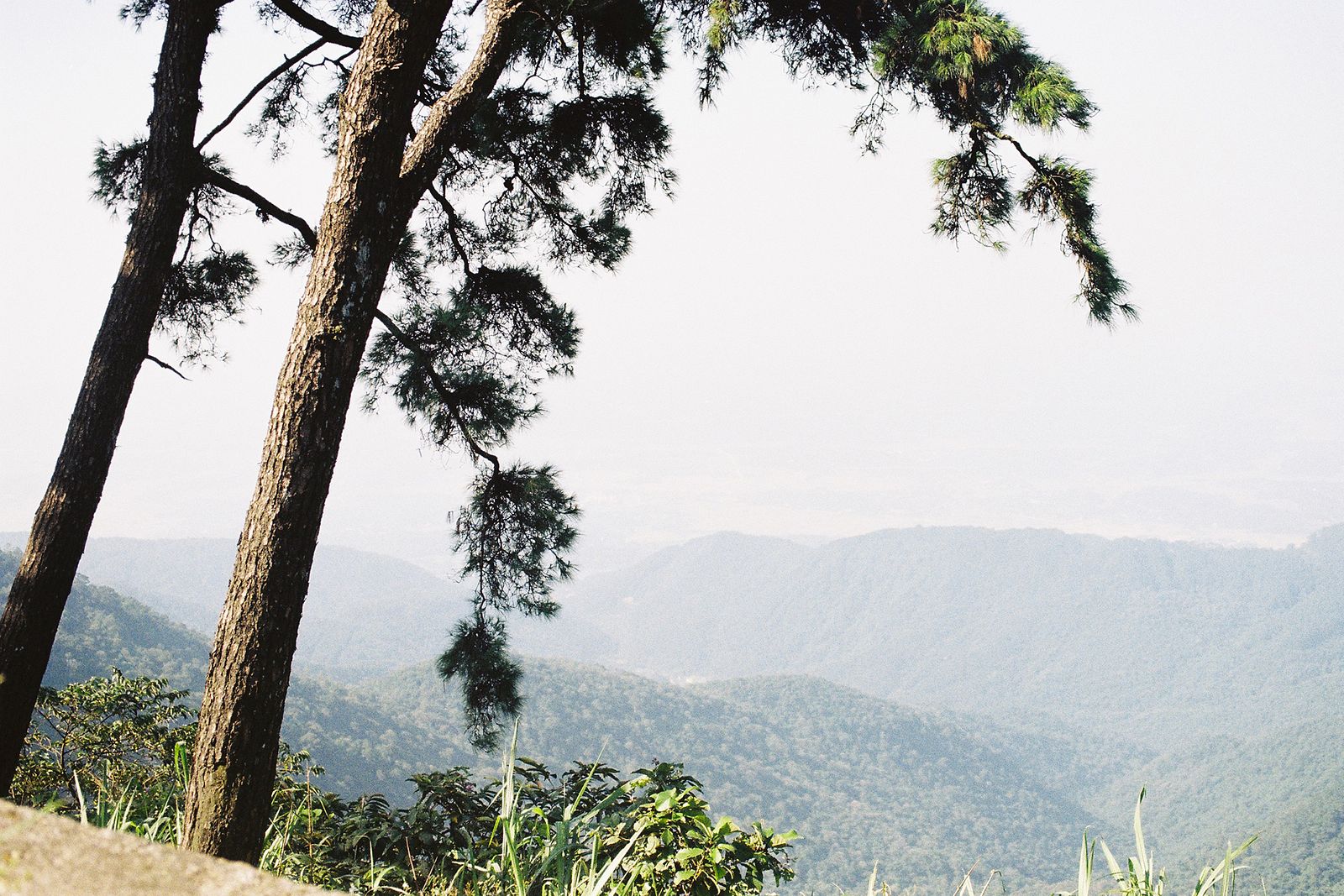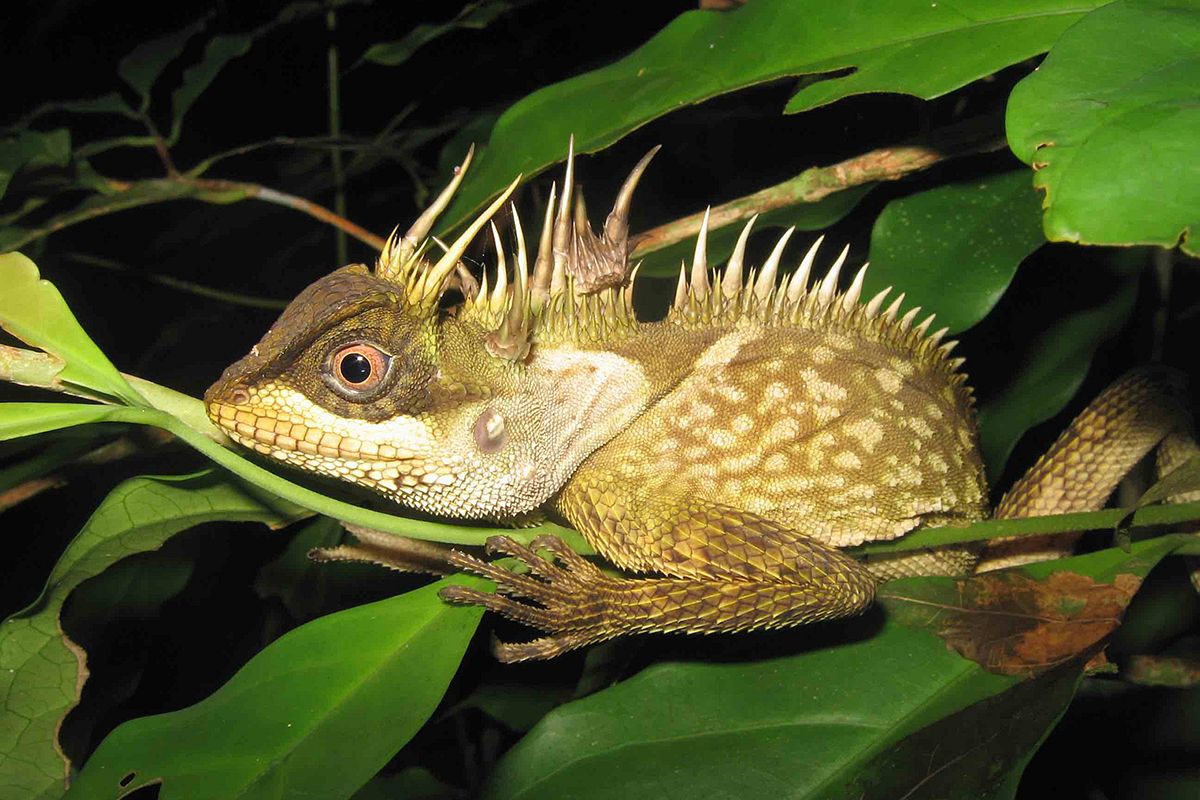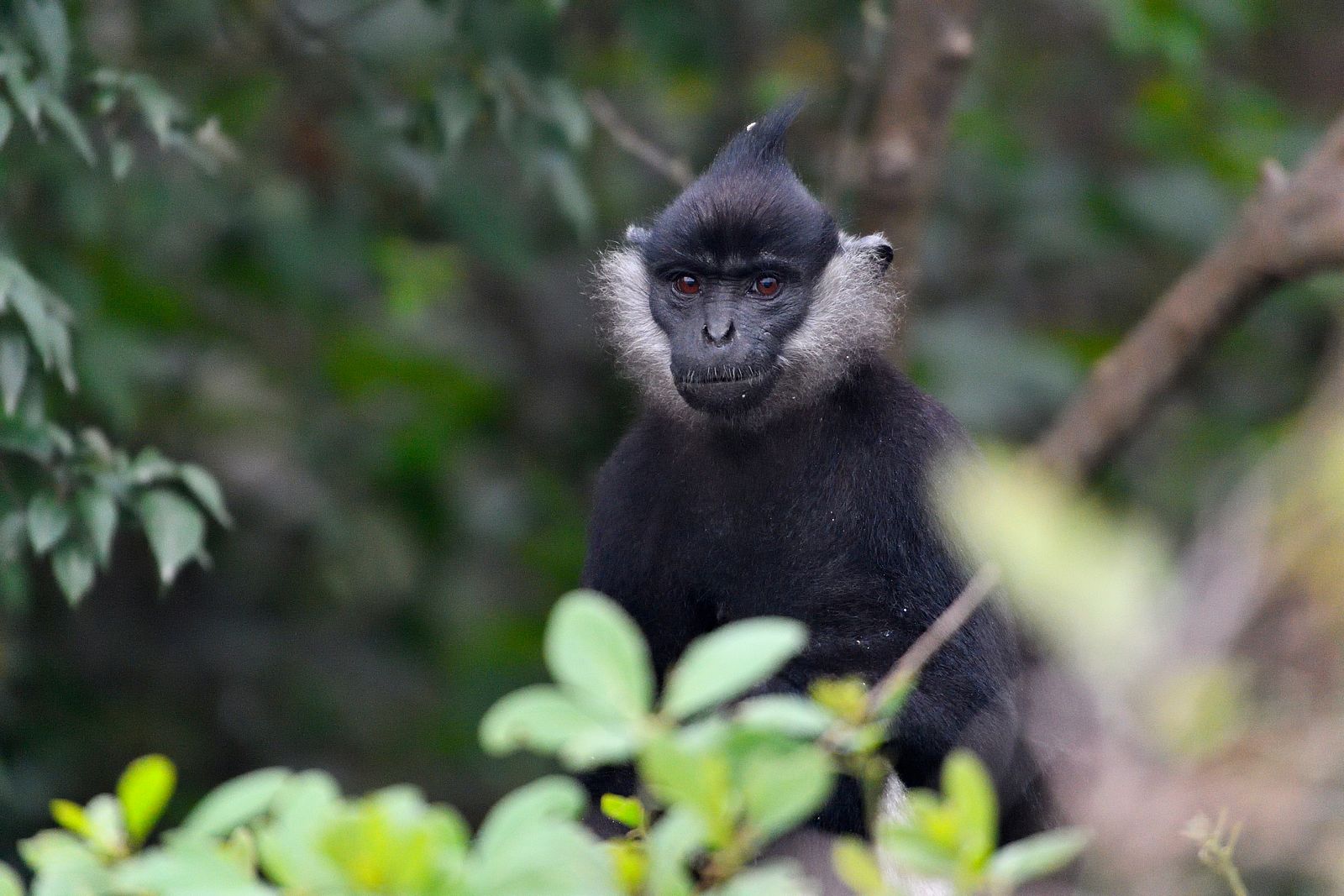Scientists have confirmed the discovery of a new species of frog in the mountains of northern Vietnam.
Mongabay reports that researchers recently announced the new species, called the stone leaf-litter frog, in a study published by Zootaxa.
Jodi Rowley, curator of Amphibian and Reptile Conservation Biology at the Australian Museum Research Institute, told Mongabay: "The very rough skin texture of females was the feature that stood out the most to me – it made them look like part of the rocks they were found on."
The researcher and her team first gathered specimens of the frog in 2013 during a survey in Lai Chau and Tuyen Quang provinces, according to the news source. At the time, the scientists thought the frog may have been a new species, and DNA tests subsequently confirmed their theory.
"Both looking like and living amongst stone is likely what enabled this frog to remain undetected until now," Rowley told Mongabay.
However, even though the stone leaf-litter frog was only recently discovered, conservationists are already worried about its future. The frogs have only been found in the two above provinces, and their habitat is threatened. "We observed forest loss even in the areas where we found the frog," Rowley is quoted as saying.
The researchers have recommended that the species be listed as Vulnerable on the IUCN Red List of Threatened Species, according to the news source.
Rowley adds in a blog post of her own: "So much remains a mystery about this frog; nothing is known about its tadpoles, and less than 50 adults have ever been recorded. It's so important that this living pebble is protected from joining the growing list of species that we lose before we even know that much about them."
[Photo via Mongabay]














